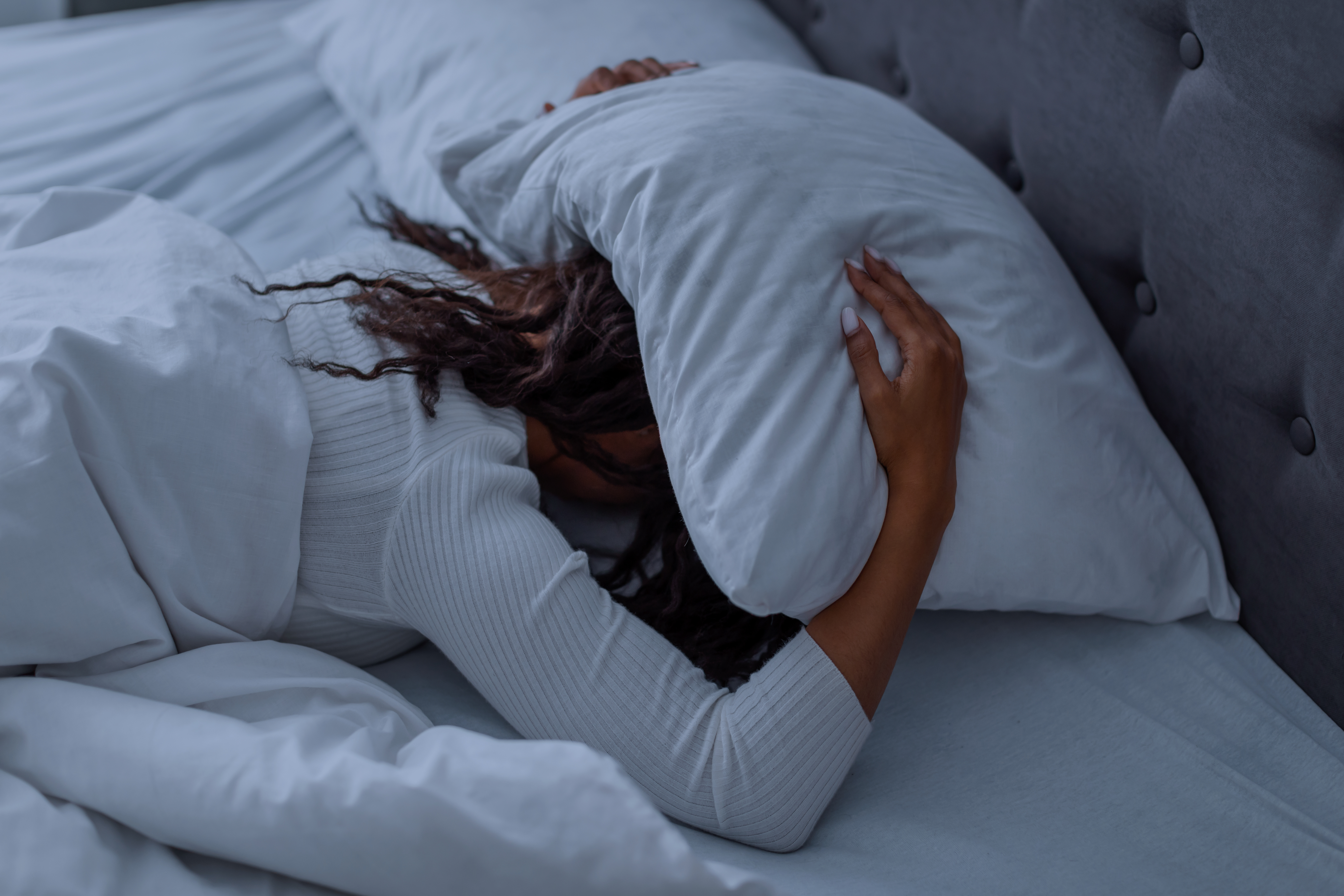20 Natural Sleep-Inducing Habits That Help You Gently Drift Into Dreamland
9. The Importance of Stress Management

Stress is a common barrier to sleep, often leading to restless nights and difficulty falling asleep. Managing stress effectively is crucial for improving sleep quality and overall health. Begin by identifying the sources of stress in your life and exploring strategies to address them. Mindfulness practices, such as meditation and yoga, can help cultivate a sense of calm and presence, reducing the impact of stress on your mind and body. Journaling is another effective tool for processing emotions and clearing your mind before bed. Writing down your thoughts and concerns can help release them, preventing them from interfering with your sleep. Additionally, consider incorporating relaxation techniques, such as deep breathing or progressive muscle relaxation, into your bedtime routine to help ease tension and promote relaxation. By prioritizing stress management, you create a more peaceful internal environment, making it easier to drift into restful sleep.
10. Limiting Evening Screen Time

In our tech-saturated world, screens are often the last thing we see before sleep—and that’s a major problem. The blue light emitted from smartphones, tablets, laptops, and TVs interferes with melatonin production, the hormone responsible for regulating sleep. This disruption can delay sleep onset, reduce sleep quality, and shift your natural circadian rhythm. But it’s not just the light—it’s also the mental stimulation. Social media scrolling, news updates, and binge-worthy shows can all keep your brain in high gear when it should be winding down. To avoid this, implement a “digital sunset” at least an hour before bed. Replace screen time with relaxing, screen-free activities like reading a physical book, journaling, stretching, or listening to calming music or audiobooks. If you must use devices late at night, enable blue light filters or night mode, and dim the brightness. Creating tech-free time before bed sends a clear signal to your body and mind: it’s time to rest. Over time, this habit can significantly improve your ability to fall—and stay—asleep.
